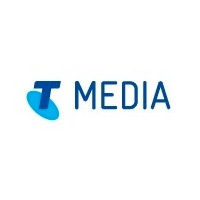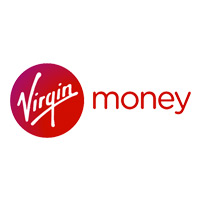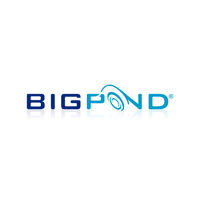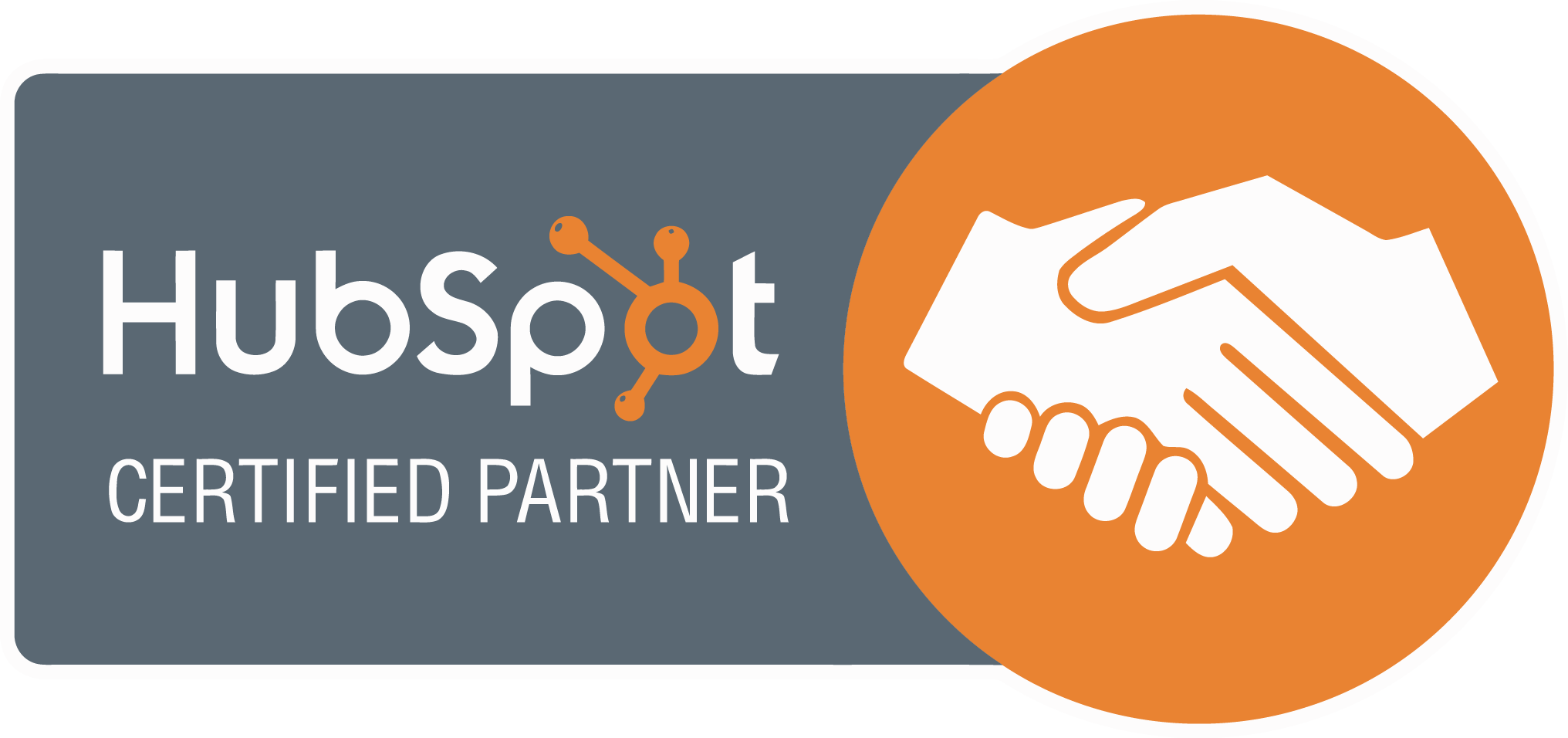Deciding between Facebook and Google ads can be a tough choice for businesses striving to optimise their online advertising strategies. Both platforms offer unique advantages, but understanding which one is right for your business is crucial for maximising your return on investment. We take you through the strengths of Facebook and Google ads and delve into key factors to consider when making this critical decision.
1. Understanding Your Audience
When comparing Facebook vs Google ads, the first step is understanding your target audience. Like Paid Search, Facebook ads are ideal for reaching specific demographics, interests and behaviours due to the platform’s robust user data and targeting options. Conversely, Google ads excel at capturing potential customers who are actively searching for products or services, making it a powerful tool for capturing intent-driven traffic.
2. Ad Format and Placement
Another crucial point of the Facebook vs Google ads comparison is their ad format and placement. Facebook ads shine when it comes to visually engaging and interactive ad formats such as image carousels, video ads and immersive experiences through platforms like Instagram. On the other hand, Google ads offer a range of formats, focusing primarily on text-based search ads, display ads across the web and video ads on YouTube.
3. Budgeting and Cost
Budget considerations are paramount when deciding between Facebook vs Google ads. While both platforms operate on a pay-per-click model, the cost per click and overall ad spend can vary widely. Facebook ads often provide more flexibility with budgeting and typically offer lower costs per click, making it an attractive option for businesses with limited advertising budgets. Google ads, on the other hand, may be more competitive in terms of cost, particularly for high-value keywords.
4. Tracking and Measurement
Tracking and measurement capabilities are also crucial factors to consider when deciding between Facebook vs Google ads. Facebook provides in-depth insights into user interactions, allowing businesses to track engagement, conversions and other key metrics. In contrast, Google ads offer robust tracking tools through Google Analytics, enabling businesses to monitor and analyse user behaviour and conversions across their websites.
5. Brand Awareness vs. Intent-Based Marketing
For businesses looking to build brand awareness and engage with a specific audience, Facebook ads may be the preferred choice. The platform’s ability to target users based on their interests and behaviours makes it an effective tool for cultivating brand visibility. On the other hand, Google ads are well-suited for intent-based marketing, capturing potential customers who are actively seeking relevant products or services through search queries.
6. Geographic Targeting and Local Business Considerations
Geographic targeting is another aspect to consider, particularly for businesses with a local or regional focus. Facebook offers precise geographic targeting based on user locations, interests and behaviours, making it valuable for local businesses aiming to connect with specific communities. Google ads also provide location targeting capabilities, allowing businesses to tailor their ads to users in specific regions and target audiences searching for local solutions.
7. Long-Term Strategy and Platform Diversity
When making the decision between Facebook and Google ads, it’s important to consider your long-term advertising strategy and the potential benefits of diversifying your ad spend across multiple platforms. A balanced approach that leverages the strengths of both Facebook and Google ads can contribute to a more comprehensive and resilient digital content marketing strategy, enhancing overall brand visibility and engagement while catering to diverse consumer behaviours and preferences.
8. Ad Creatives and Messaging
The creative elements and messaging of your ads play a crucial role in the effectiveness of your campaigns. Facebook ads allow for visually compelling and interactive creatives, making them ideal for conveying brand stories, showcasing products and engaging audiences with immersive experiences. On the other hand, Google ads focus on concise and impactful messaging, particularly in search and display ad formats, where capturing user attention with clear, relevant ad copy is essential.
9. Remarketing and Audience Engagement
Both Facebook and Google ads offer powerful remarketing capabilities to re-engage users who have previously interacted with your business. Facebook excels in creating custom audience segments based on user interactions and behaviours, allowing for highly targeted remarketing campaigns. Google ads, on the other hand, leverage display remarketing and dynamic remarketing to reconnect with users across the web and remind them of products or services they have viewed.
10. Testing and Optimisation
Testing and optimisation are fundamental to the success of any advertising campaign. Facebook ads provide a robust platform for A/B testing, allowing businesses to experiment with different ad creatives, audience segments and ad placements to identify optimal performance. Likewise, Google ads offer extensive testing and optimisation features, enabling businesses to refine ad copy, keywords and targeting parameters to maximise ad relevance and effectiveness.
Ultimately, the choice between Facebook vs Google ads depends on a thorough understanding of your business objectives, target audience and the unique strengths of each platform. As you weigh the pros and cons of each platform, it’s essential to closely align your decision with your overall marketing objectives. Contact us to harness the unique strengths of both platforms, businesses can craft a comprehensive digital advertising strategy that maximises reach, engagement and ultimately, conversions.








